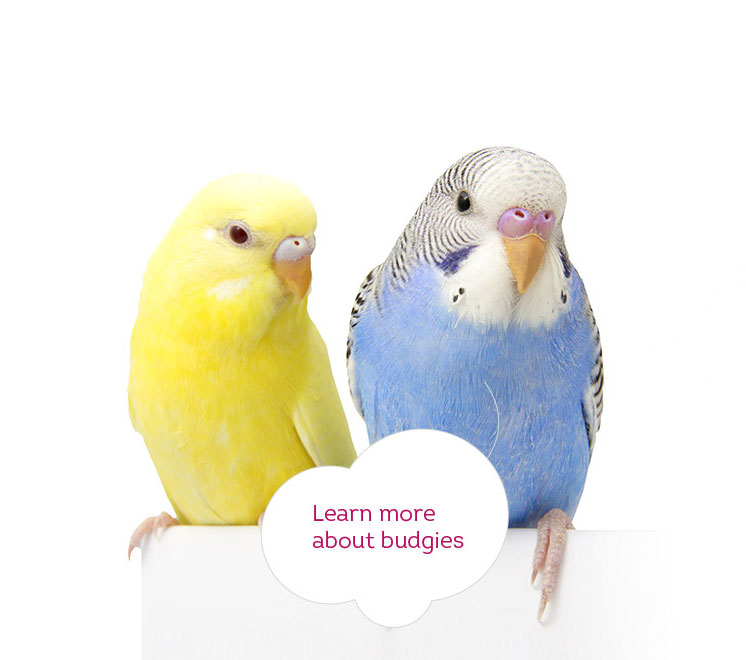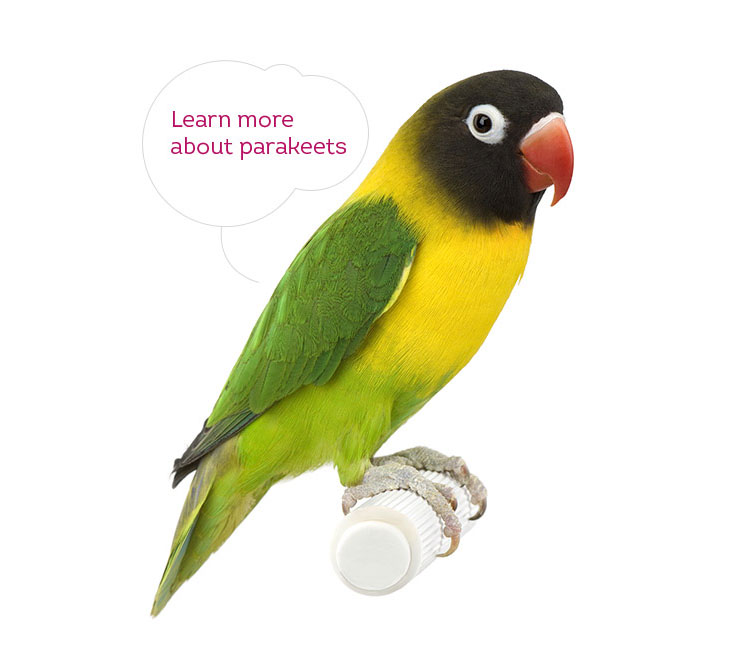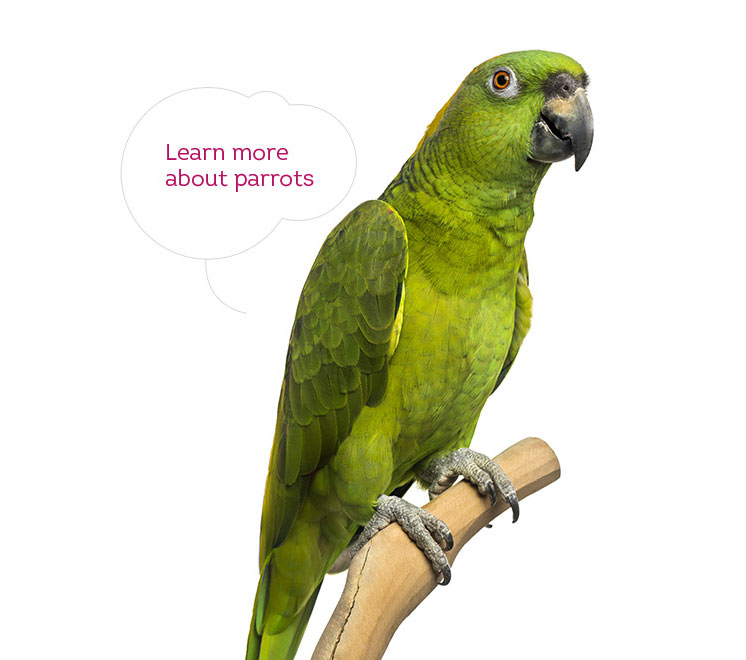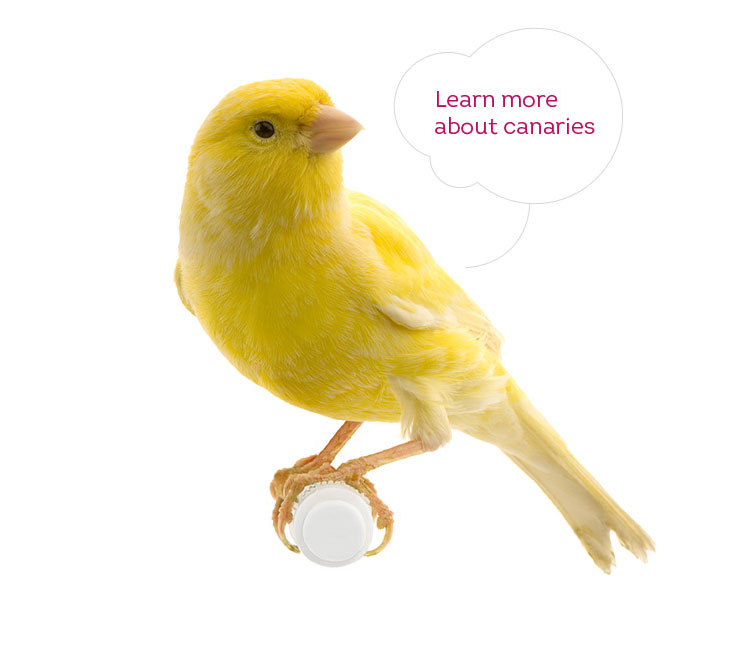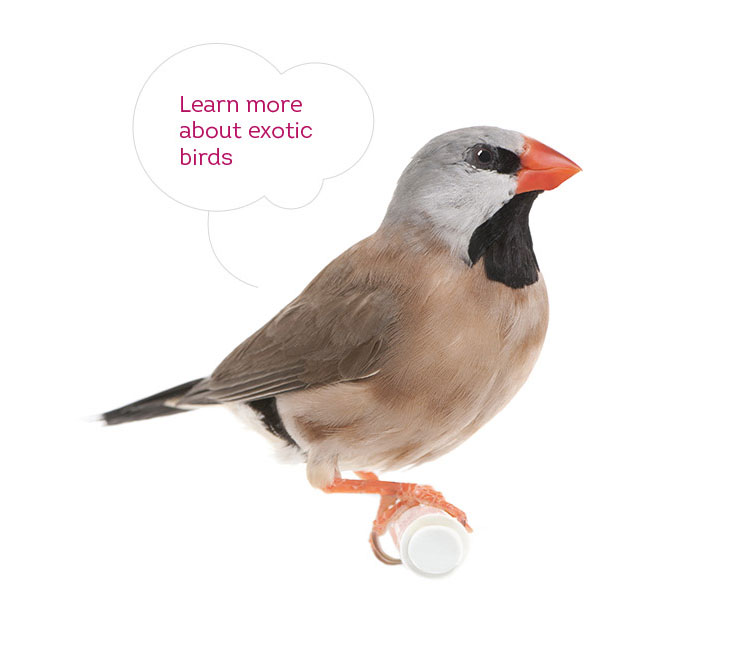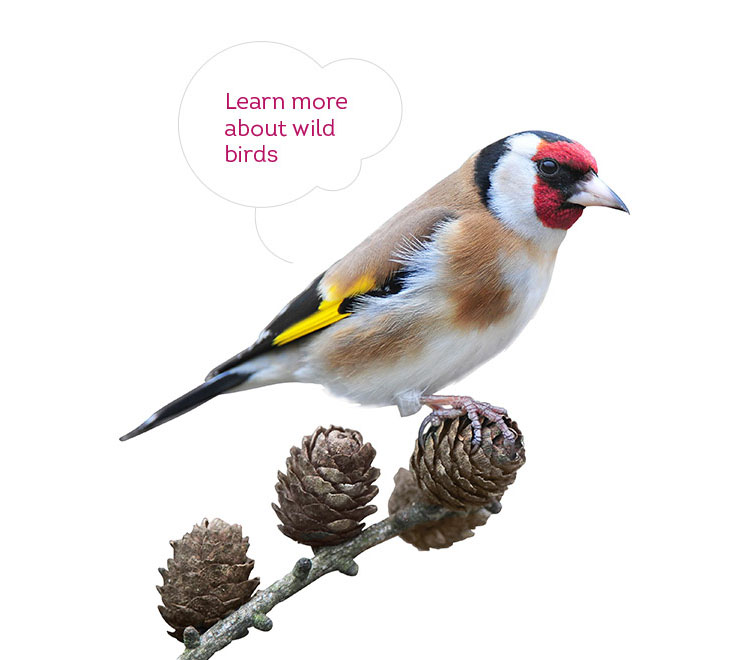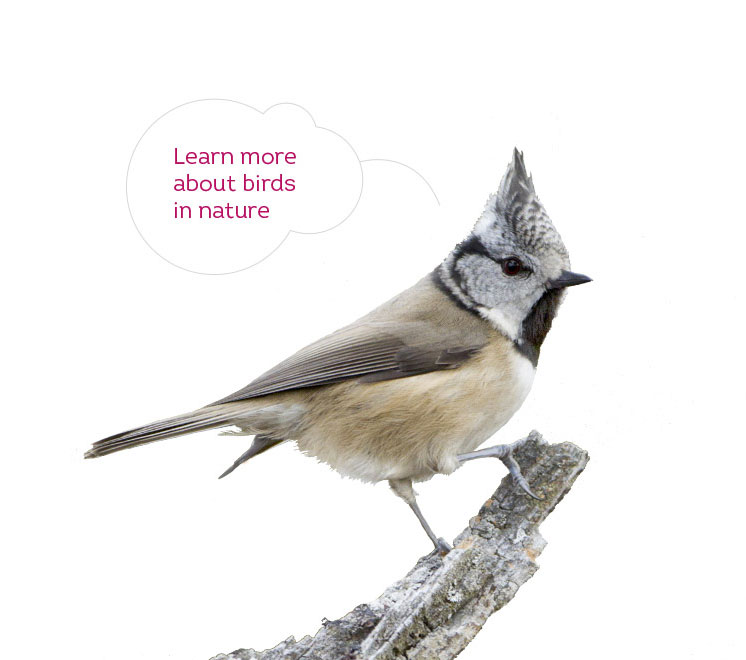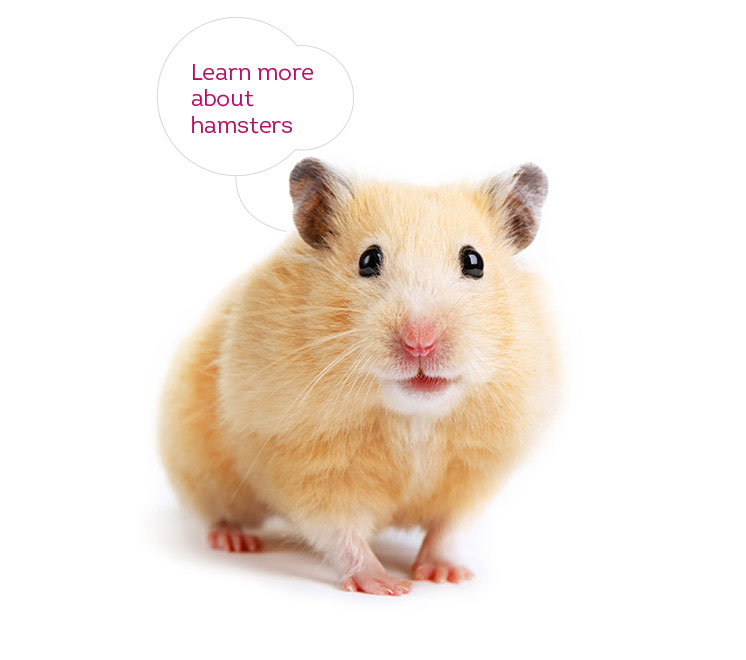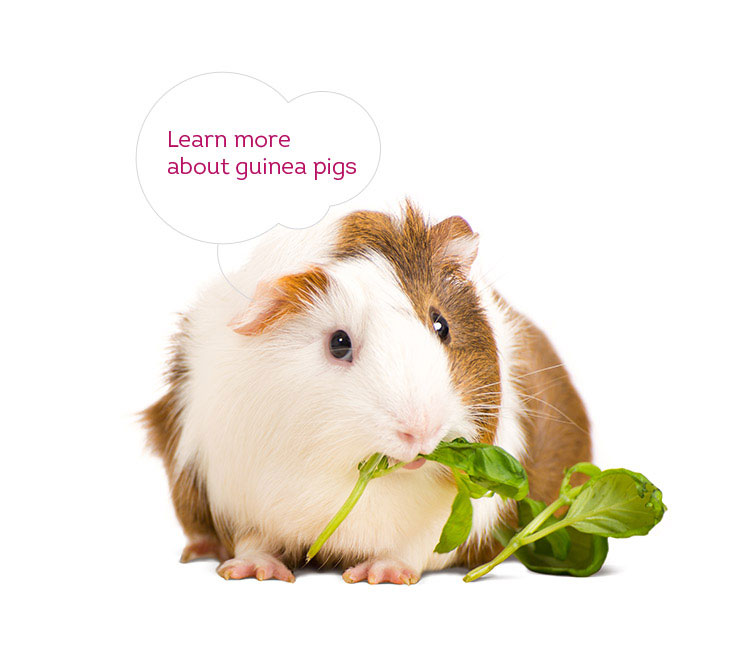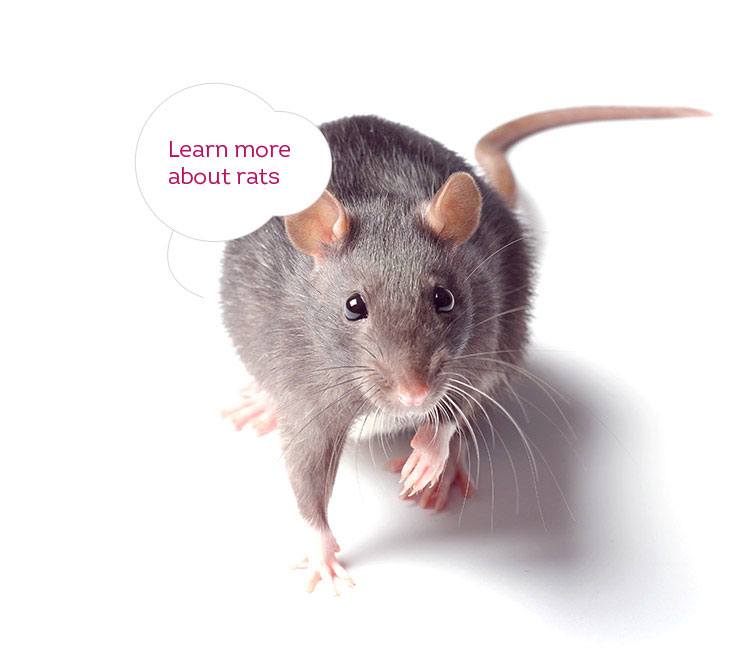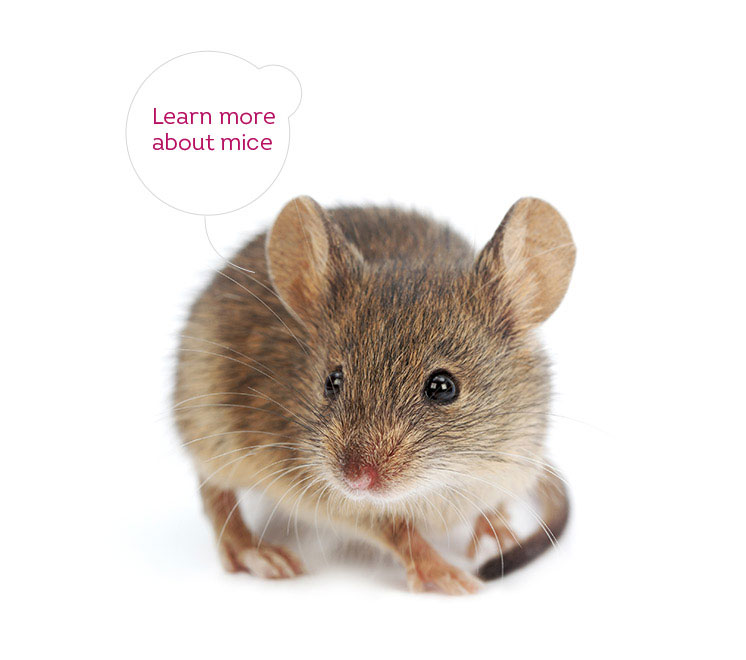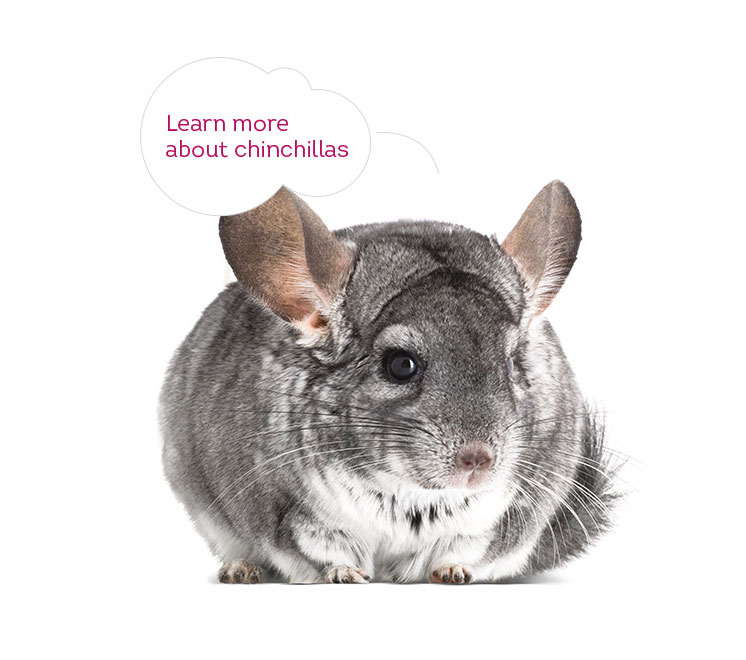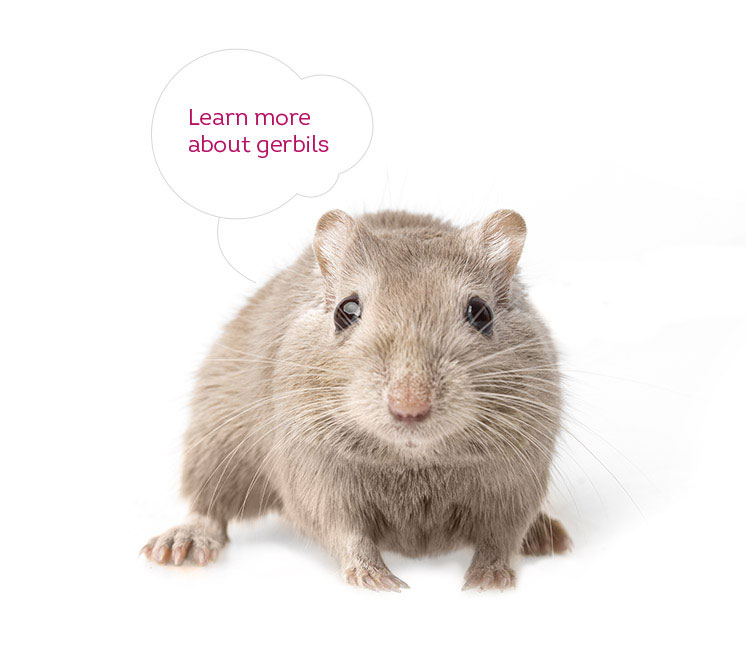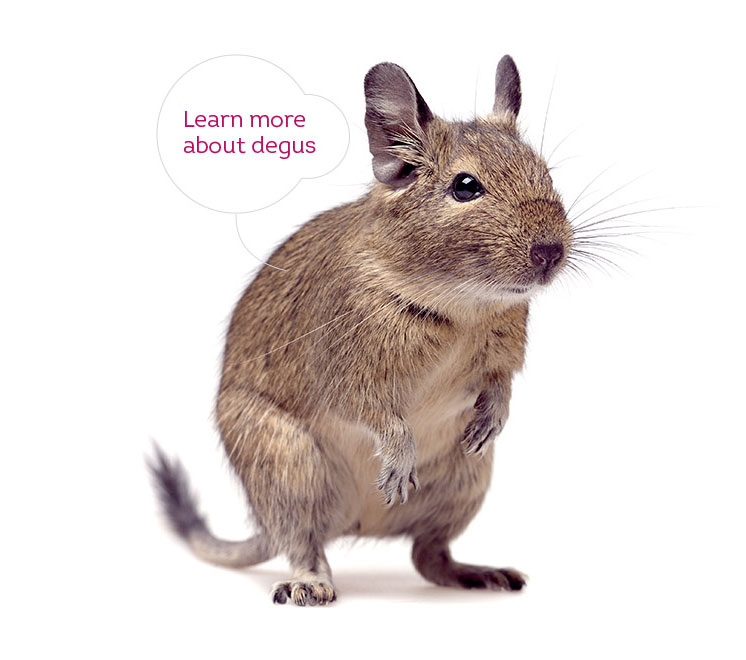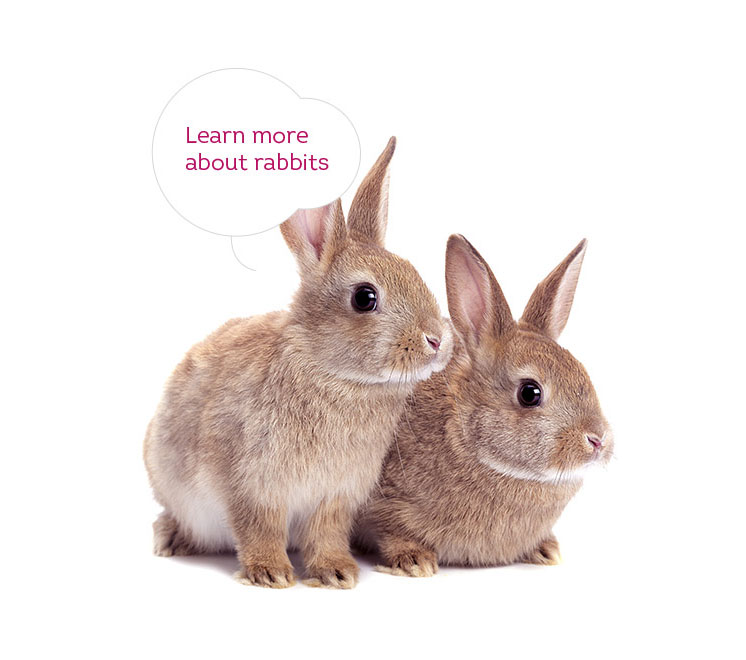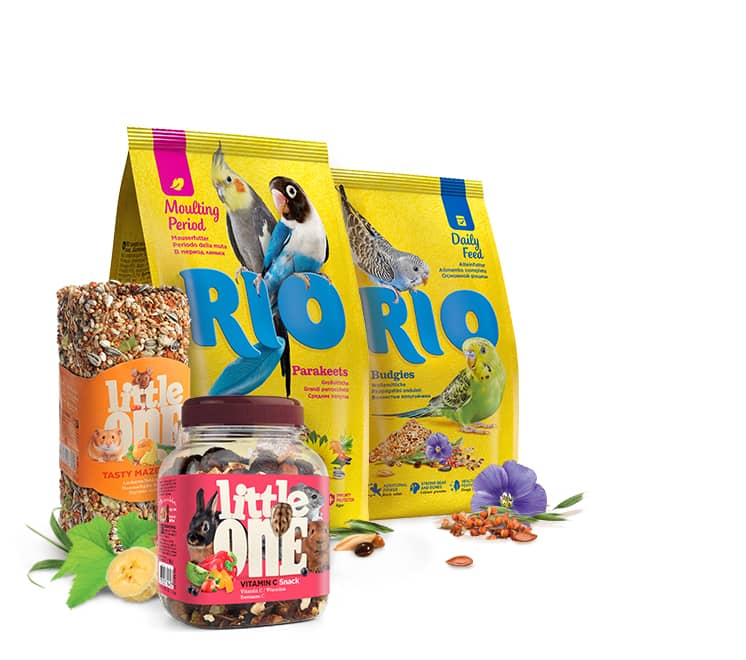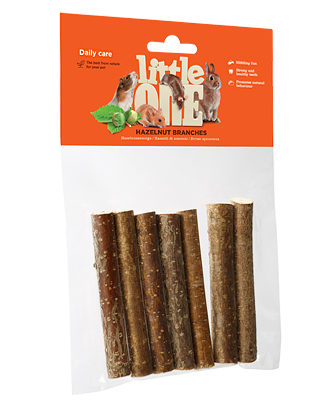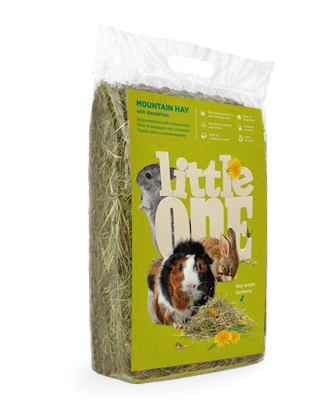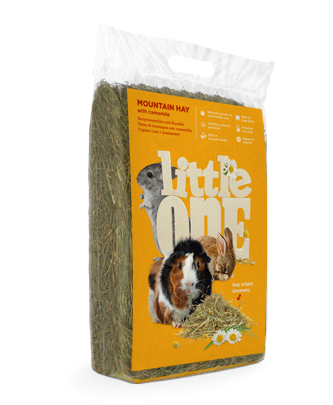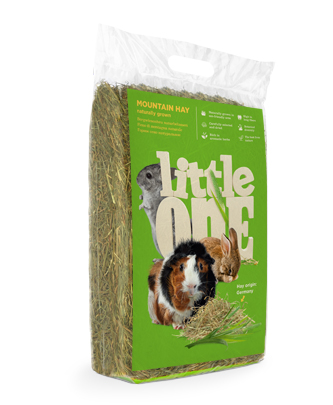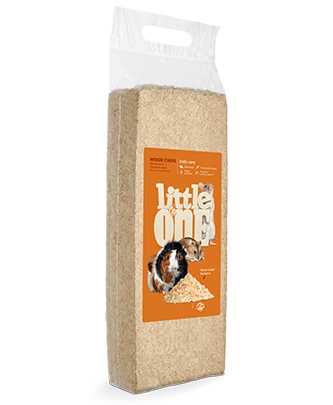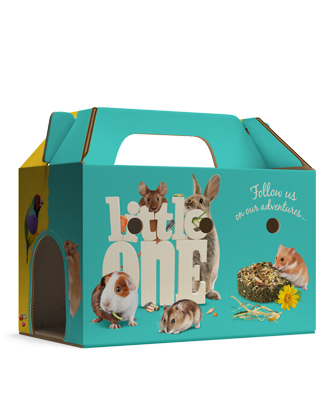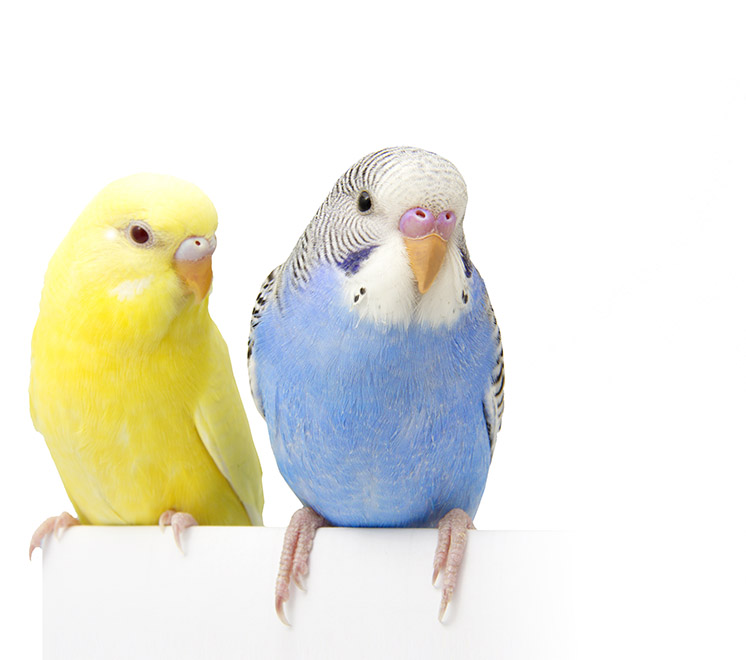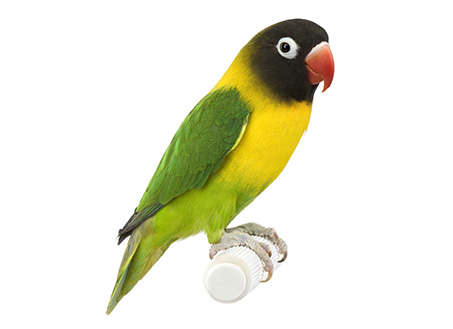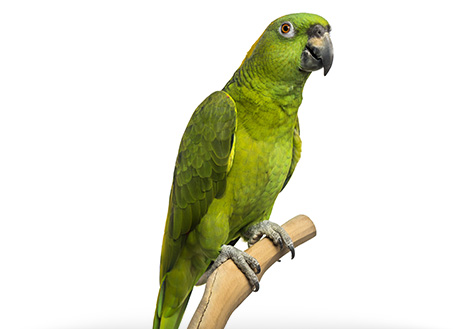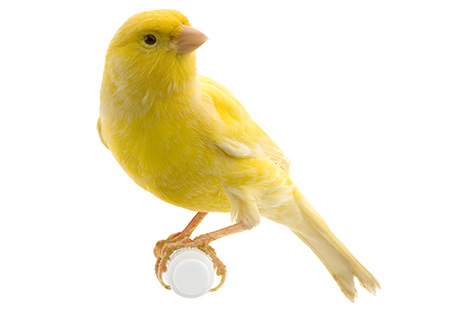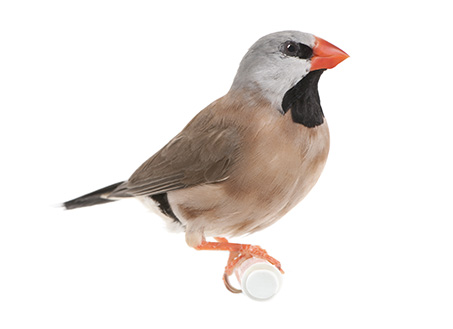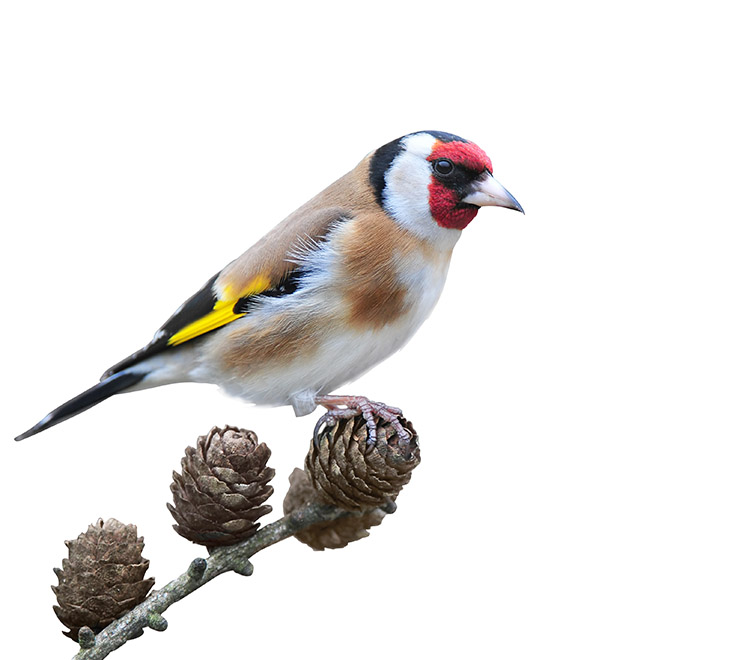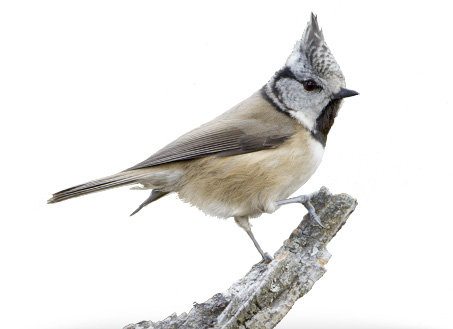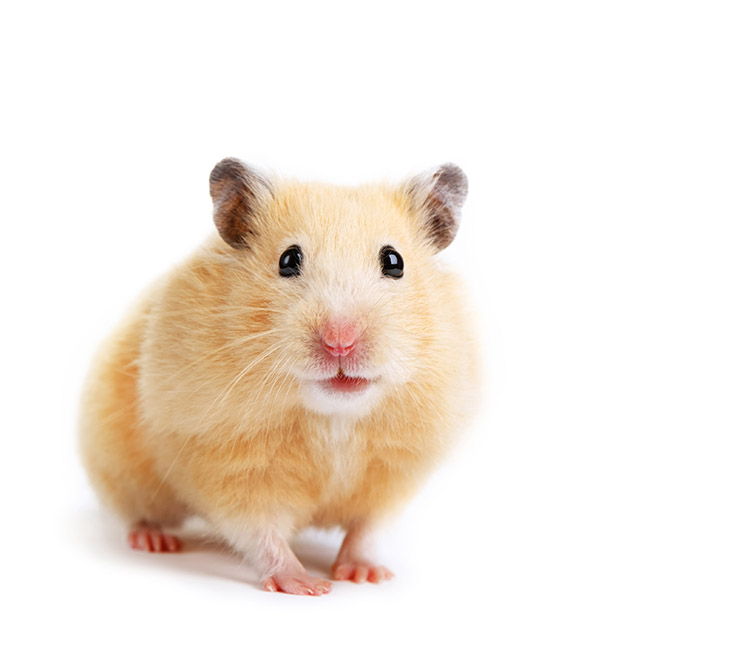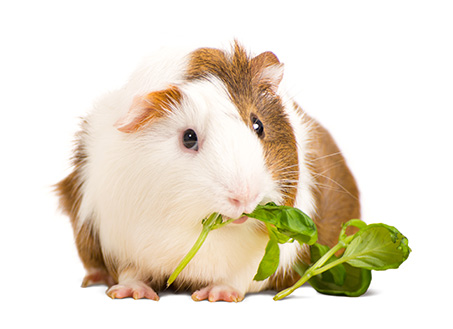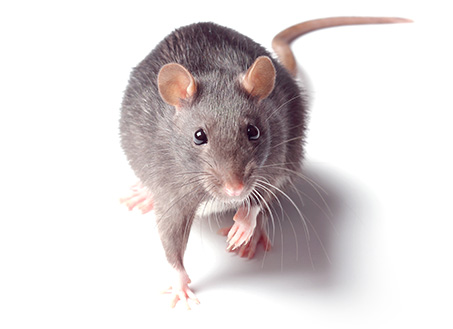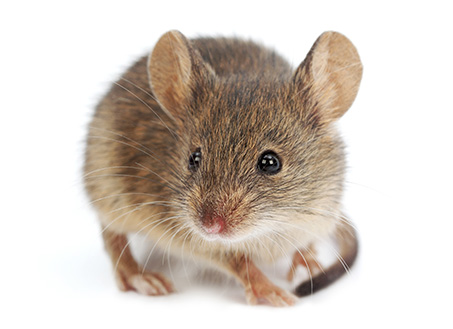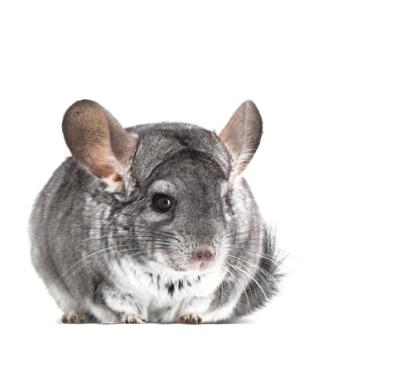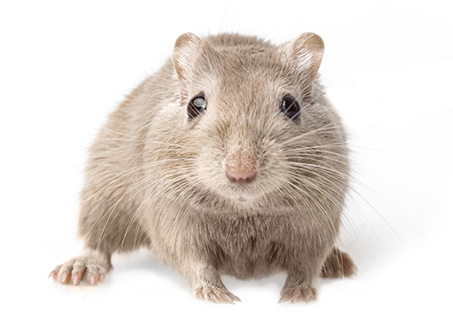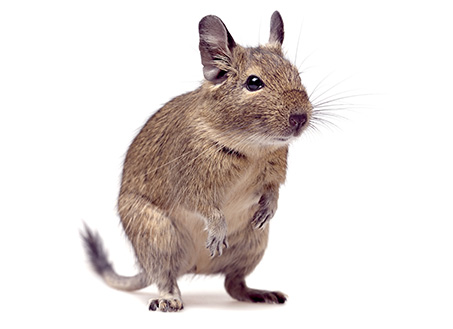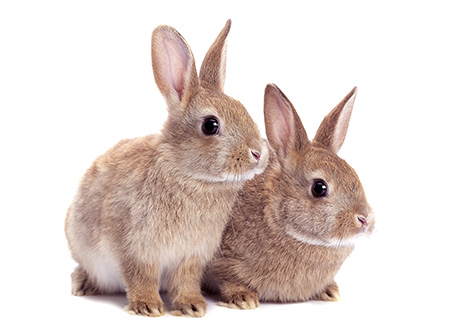Loading...
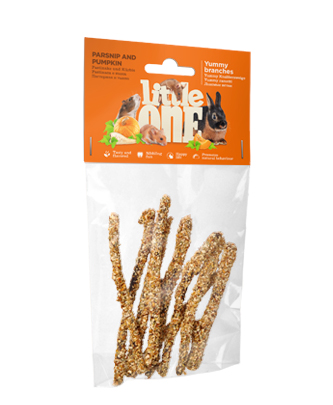 Little One Yummy branches with parsnip and pumpkin. Snack for all small mammals
Little One Yummy branches with parsnip and pumpkin. Snack for all small mammals
-
little one yummy branches with parsnip and pumpkin. snack for all small mammalsART.
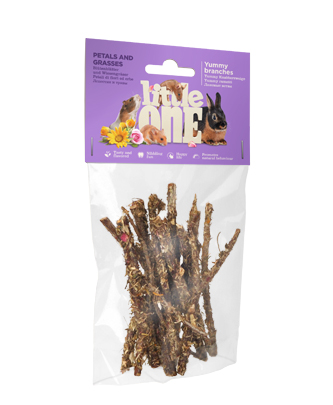 Little One Yummy branches with petals and grasses. Snack for all small mammals
Little One Yummy branches with petals and grasses. Snack for all small mammals
-
little one yummy branches with petals and grasses. snack for all small mammalsART.
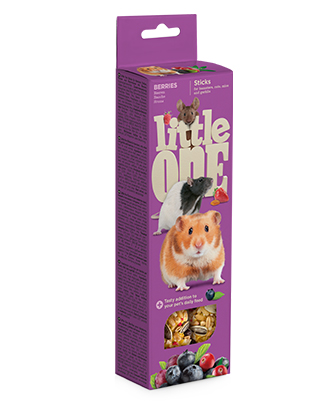 Little One Sticks for hamsters, rats, mice and gerbils with berries
Little One Sticks for hamsters, rats, mice and gerbils with berries
-
little one sticks for hamsters, rats, mice and gerbils with berriesART.
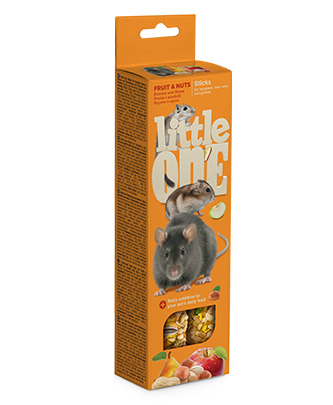 Little One Sticks for hamsters, rats, mice and gerbils with fruit and nuts
Little One Sticks for hamsters, rats, mice and gerbils with fruit and nuts
-
little one sticks for hamsters, rats, mice and gerbils with fruit and nutsART.
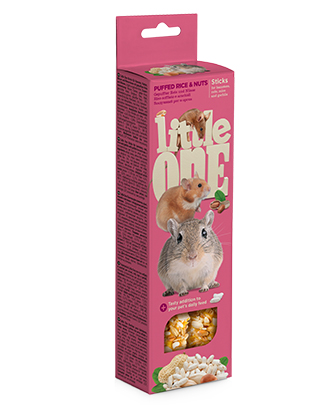 Little One Sticks for hamsters, rats, mice and gerbils with puffed rice and nuts
Little One Sticks for hamsters, rats, mice and gerbils with puffed rice and nuts
-
little one sticks for hamsters, rats, mice and gerbils with puffed rice and nutsART.
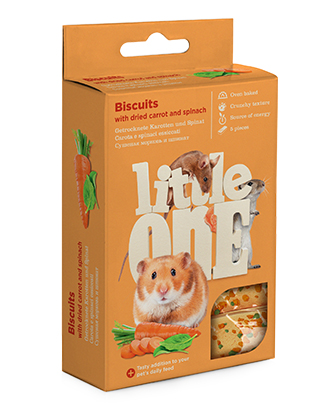 Little One Biscuits with dried carrot and spinach for small animals
Little One Biscuits with dried carrot and spinach for small animals
-
little one biscuits with dried carrot and spinach for small animalsART.
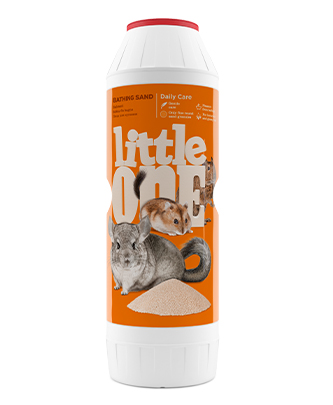 Little One Bathing sand for chinchillas and other small pets
Little One Bathing sand for chinchillas and other small pets
-
little one bathing sand for chinchillas and other small petsART.
